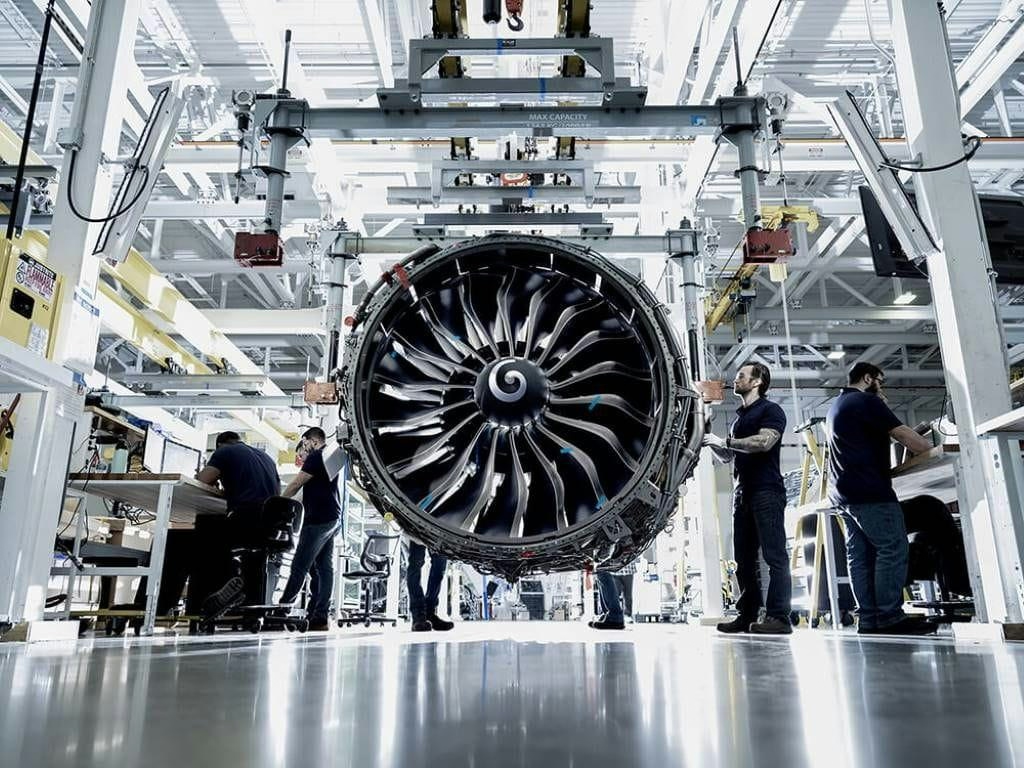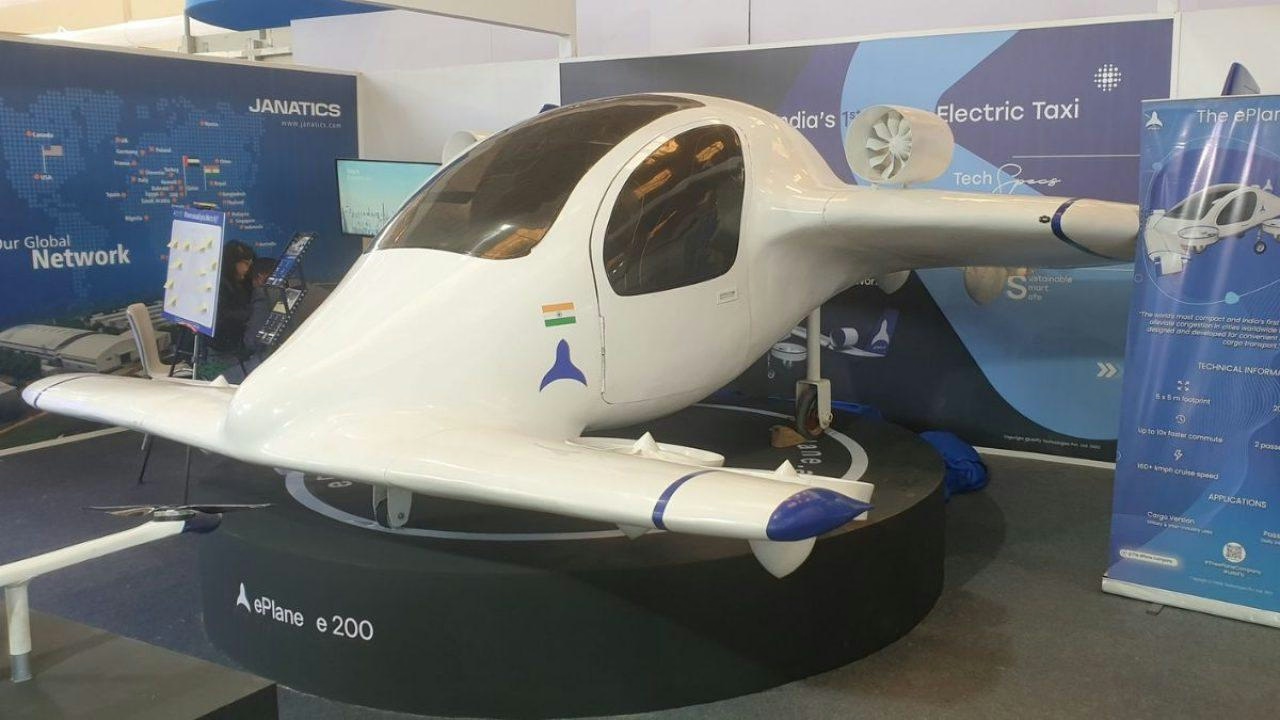AeroGenie — 您的智能副驾驶。
热门趋势
Categories
CFM International Advances LEAP Engine Development

CFM International Advances LEAP Engine Development Amid Industry Challenges
CFM International is accelerating the deployment of maturity enhancements for its LEAP-1A engines, which power the Airbus A320neo family, while preparing to introduce comparable upgrades for the LEAP-1B engines used on Boeing 737 MAX aircraft by 2026. These developments come as the company contends with widespread industry challenges, including supply chain disruptions and labor actions that have affected delivery schedules. Notably, recent delays in LEAP-1A shipments to Airbus have been attributed to issues faced by CFM’s partner Safran.
Progress in Engine Durability and Maintenance
Since the certification of its high-pressure turbine (HPT) durability kit in December 2024, CFM has produced and delivered over 1,200 kits for LEAP-1A engines, supporting both new production and overhaul activities. Approximately half of the LEAP-1A fleet now incorporates the reverse bleed system (RBS), a cooling technology designed to enhance engine durability and reduce maintenance requirements. For the LEAP-1B variant, the RBS has secured engine-level certification from the U.S. Federal Aviation Administration, enabling its introduction to 737 MAX operators next year in collaboration with Boeing.
Gaël Méheust, president and CEO of CFM International, emphasized the rapid maturation of the LEAP engine family compared to its predecessor. He noted that the ongoing updates refine hardware to improve durability and lessen maintenance burdens for A320neo operators. These improvements not only sustain the LEAP engines’ renowned efficiency, reliability, and utilization but also contribute to more predictable operations and extended time on wing.
The HPT durability kit is engineered to more than double the interval between shop visits under demanding operating conditions, aligning LEAP engine maintenance cycles with those of the industry-standard CFM56. All new and overhauled LEAP-1A engines now include this kit, with installations conducted at both CFM and Premier MRO facilities. Meanwhile, the RBS is being distributed to CFM shops, approved third-party providers, and operators trained at CFM’s technical education centers located in the United States, France, India, and China.
Production Expansion and Market Outlook
Despite these technical advancements, CFM and its partners face ongoing market pressures and the imperative to increase production capacity. GE Aerospace, which co-produces the LEAP engine with Safran, has raised its full-year forecast, anticipating a more than 20% increase in LEAP engine deliveries in 2025. To address rising demand and mitigate supply chain risks, Safran plans to inaugurate a new engine production line in Morocco, targeting an annual LEAP output of 2,500 units by 2028.
With over 4,000 LEAP-powered aircraft delivered to date, the engine family has achieved the fastest production ramp-up in commercial aviation history. Incorporating advanced technologies such as composite fan blades and ceramic matrix composites, LEAP engines deliver 15% greater fuel efficiency and 15% lower carbon emissions compared to the previous-generation CFM56 engines. Supported by comprehensive health monitoring systems and an open maintenance, repair, and overhaul (MRO) ecosystem, CFM continues to prioritize reliability and ease of maintenance, ensuring high asset utilization for narrowbody operators worldwide.

Archer Aviation Partners with NVIDIA to Advance Aviation AI Technology

Chennai Startup to Develop India’s First Electric Air Taxi

Factors Positioning Airbus for Leadership in 2026

Emirates Unveils Cabin Design for New Boeing 777X

Eighteen Years On, the Airbus A380 Remains Central to a $34 Billion Airline

How a boom in luxury airline seats is slowing down jet deliveries

Navitaire Outage Attributed to Planned Maintenance

Airbus Plans Record Delivery of 870 Aircraft in 2026

DigiYatra Debuts Outside Aviation at India AI Impact Summit

Vietnam Orders Strengthen Boeing’s Commercial Outlook
